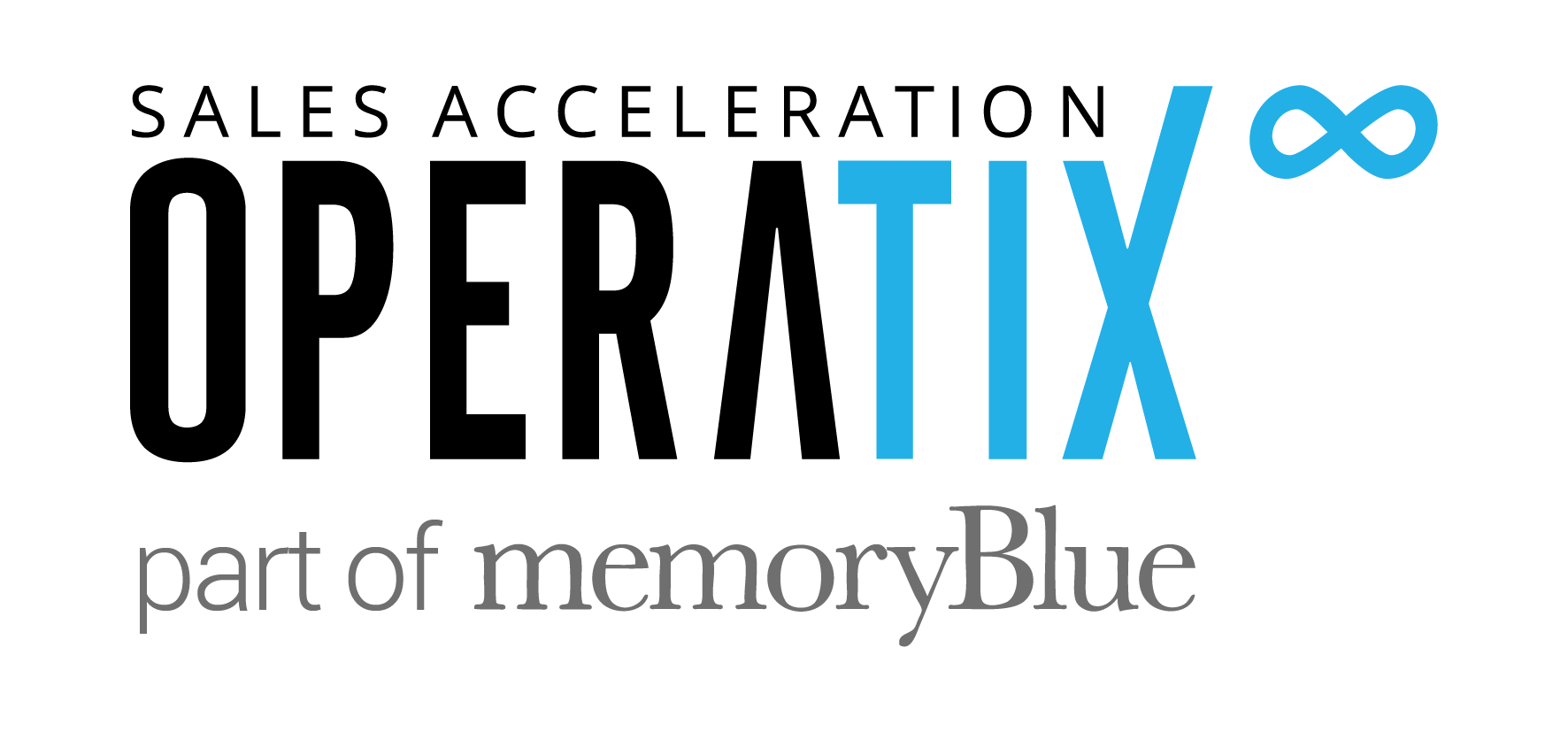Something people often get wrong in leadership is prioritizing their need to be liked over what’s best for their employee. In reality, caring for the employee means showing kindness by telling the truth, even when it’s challenging to share or hear.
Wendy Harris, Head of EMEA at Gong, explains how applying the principles of radical candor has changed her leadership style.
What was discussed:
- Her new role as Head of EMEA at Gong
- An overview of Radical Candor (the book and the practice)
- Dos and don’ts for newer leaders
- Building a culture of giving and receiving feedback
Wendy’s role as Head of EMEA at Gong
Wendy joined Gong in May 2021 to open up their first office in Ireland and begin their expansion into Europe.
If you aren’t familiar with Gong, it’s a Revenue Intelligence platform that captures customer interactions across phone, web conferencing, and email, understands what was said in these interactions, and delivers insights to help sales teams win more deals.
Wendy said that compared to the US, the European market presents its own unique challenges when it comes to scaling — different regions, languages, and cultures. As such, it’s important to have a strong strategy in place.
European expansion
Pulling information from a report by Stephen McIntyre with Frontline Ventures, Wendy suggests addressing questions that many B2B firms would benefit from when it comes to a market expansion:
- Is the US business well funded?
- Is there priority, strength & depth in the executive team?
- Is there local pull from the market?
- Is there product market fit
- Are there existing customers
- Understand what markets you play well in before moving up


You don’t need to be everything to everybody on day one; you should think about it in terms of phases.
Wendy Harris – Head of EMEA at Gong
Part of Wendy’s mission in building the foundations of Gong’s EMEA business is to build, develop and manage a team that can take the company to the next level. When asked about her leadership style, Wendy shared her passion about Radical Candor.
An overview of Radical Candor
A leader is faced with a multitude of difficult situations throughout their professional life — many that employees might disagree with; and, while your employees’ happiness is indeed an important factor in a leader’s success, it can’t be achieved at the expense of making the right calls.
Wendy mentions this book: Radical Candor by Kim Scott. Described as the bible of leadership, the book outlines the solution to balancing between being a great boss while maintaining their humanity.
The 4 Quadrants
- Radical Candor: The Quadrant you want to be in; where you care personally but you challenge directly.
- Manipulative Insecurity: You don’t care or challenge
- Obnoxious Aggression: You don’t care but you do challenge
- Ruinous Empathy: You do care but don’t challenge
The ruinous empathy category is where Wendy finds a lot of newer managers.
Unwilling to have the hard conversations with individual employees, they lack what it takes to be a good leader:


Caring about someone doesn’t mean that you never give them any constructive or tough feedback. The kindest thing you can do to someone is tell them the truth.
Wendy Harris – Head of EMEA at Gong
Dos and don’ts for newer leaders
Leadership should be looked at as a privilege — being open and honest, even when it’s a tough conversation, rewards the leader with a sense of fulfillment, respect, and trust from the employees.
Show vulnerability: Sharing your personal struggles with the team is a good way to create a safe space for them to, in turn, open up about their issues.
Apologize when necessary: If you’ve made a mistake, own up to it. Admittance of a mistake is a great way to build respect with employees and remind them that everyone makes mistakes from time to time.


We will get things wrong. It’s okay to apologize. You get so much more respect when you’re honest about it.
Wendy Harris – Head of EMEA at Gong
Avoid vague language: If a situation comes up where a leader must fire someone, using vague language as a way to protect the employee’s feelings can leave the employee confused and is, ultimately, unkind.
Challenge when needed: Do not avoid necessary conversations because the situation seems too difficult to approach. If you cannot make the tough decisions, you should not be in a leadership role.
Building a culture of giving and receiving feedback
When open communication is of the utmost importance to get the most out of the leader-employee relationship, it’s important to look at ways to facilitate better communication.
One way Wendy maintains communication with her employees is a twice yearly event she describes as speed dating feedback.
During this time, every employee is given a sheet with the name of every employee on the team. Each employee will then write three things they appreciate about each employee and one thing they wish each person would do differently.
What this does is it gives permission to the team to express feedback that they might not otherwise express for fear of being rude or disrespectful.
No matter the specific ways of engaging with the team, creating a safe space where new ideas are appreciated and respected leads to innovation. Every leader should be looking for opportunities to apply this to their team.
To continue the conversation with Wendy, visit www.linkedin.com/in/wendyharris.
To hear this interview and many more like it, subscribe to The B2B Revenue Acceleration Podcast on Apple Podcasts, Spotify, or our website.





